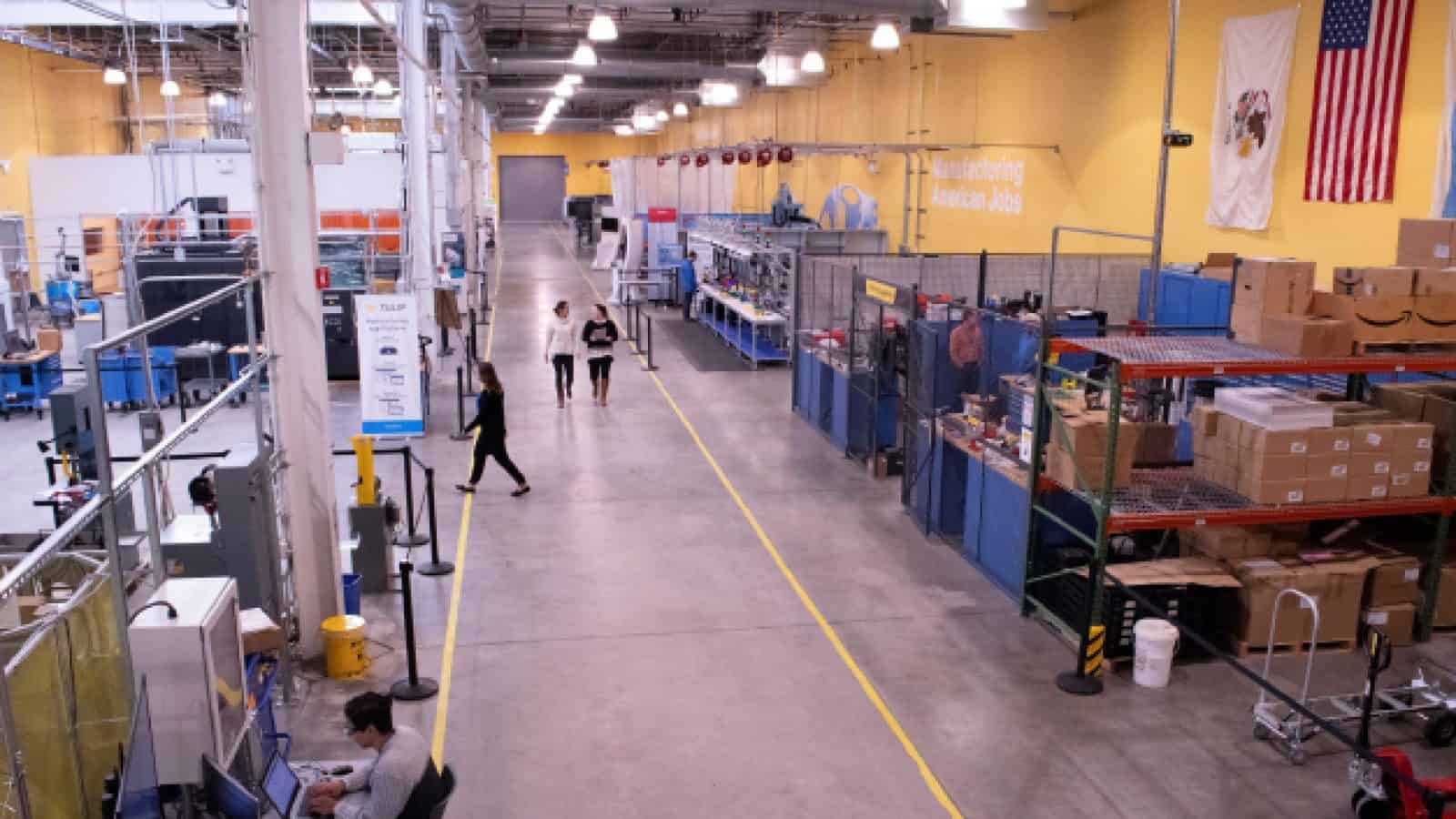How Manufacturers Can Use Industry 4.0 to Attract Gen Z

Industry 4.0 technologies offer novel ways to attract Gen Z talent, a generation that values involvement, autonomy, and purpose in its work.

TAKEAWAYS:
● Industry 4.0 technologies that are revolutionizing manufacturing production processes can also shape the worker experience and attract Gen Z talent.
● Manufacturers can use Industry 4.0 technologies for data-driven empowerment, to eliminate repetitive tasks, and to enable collaboration.
● A demonstrated commitment to sustainability can attract Gen Z employees who are deeply concerned about environmental impact.
We’re currently witnessing the convergence of two significant megatrends that are shaping the future of work and the workforce—namely, rapid technological advancements driving Industry 4.0 and the entry of Generation Z (Gen Z) into the workforce. Each trend is incredibly powerful on its own; together, they are creating a unique set of challenges and opportunities that businesses can’t afford to ignore (Table 1).
Table 1: Parallels Between Industry 4.0 and Gen Z

Despite the alignment, traditional manufacturing environments often fall short of the dynamic, purpose-driven workplaces Gen Z expects. According to a McKinsey & Company article, since 2019, the proportion of Gen Z talent in manufacturing has declined, even as more Gen Z workers enter the overall workforce.
How do we bridge the gap between the sleek, digitally optimized vision of Industry 4.0 and the perception of manufacturing environments as gritty and uninspiring in order to attract the very talent needed to drive this transformation?
The solution entails creating a work environment that resonates with today’s employees’ values and expectations. To do this effectively, organizations should redefine the worker experience for productivity and engagement, make manufacturing appealing to the workforce of the future, and embed sustainability as a core value.
Redefine the Worker Experience for Productivity and Engagement
The Challenge: Traditional manufacturing work environments have often been structured around rigid hierarchies and repetitive tasks. This approach is increasingly out of step with the expectations of a younger workforce that values involvement, autonomy, and purpose.
The Solution: Industry 4.0 technologies—such as IoT, AI, virtual twins, collaborative platforms, and automation—are revolutionizing production processes in the factory of the future, and should also form the foundation of the worker experience. These technologies enable a seamless integration between human capabilities and advanced machinery, creating an environment where workers are more than just operators; they become active participants in innovation, decision-making, and problem-solving.
By integrating Industry 4.0 technologies into the workplace, companies can significantly boost employee engagement by creating a more empowering and collaborative environment. Manufacturers can use these technologies to make three significant improvements:
- Data-Driven Empowerment: Provide real-time data access that allows workers to make informed decisions on the spot, enhancing their control and confidence in their roles.
- Eliminating Repetitive Tasks: Use AI-driven automation to take over mundane tasks, enabling employees to focus on creative and impactful work.
- Enabling Collaboration: Implement platforms that facilitate direct communication and idea-sharing between workers and management, ensuring that employee insights drive continuous improvement.
Together, these elements create a complete ecosystem where employees are not just participants but active drivers of progress, leading to higher satisfaction, motivation, and overall productivity.
Make Manufacturing Appealing to the Workforce of the Future
The Challenge: Manufacturing has a serious image problem—high turnover rates, perceptions of dirty and mundane work, and a lack of clear career paths make it difficult to attract and retain talent.
The Solution: Manufacturing can draw lessons from how the software industry reinvented itself to attract young talent. The evolution of manufacturing will likely follow a similar path—by aligning with values that matter to younger generations.
Table 2: Engagement Strategies and Software Industry Lessons

Manufacturing leaders are already innovating by merging traditional Lean practices with Industry 4.0 technologies such as digital Lean boards, automation, and remote collaboration. This shift positions manufacturing as more aligned with the tech-driven expectations of the emerging workforce, setting the stage for broader industry transformation.
Embed Sustainability as a Core Value
The Challenge: Sustainability is no longer a “nice to have”—it’s a non-negotiable expectation from both consumers and employees, particularly among younger generations who are deeply concerned about environmental impact.
The Solution: Companies need to go beyond greenwashing and integrate sustainability into every aspect of their operations. A key way to achieve this is through the use of virtual twins, which enable companies to fully integrate sustainability into their operations from the outset. By creating detailed digital replicas of processes and products, organizations can simulate, test, and optimize in a virtual environment before moving to real-world implementation. This approach helps identify waste, reduce resource use, and streamline production, ensuring that sustainable practices are embedded from the design stage onward. By using virtual twins as a strategic tool, companies can ensure that sustainability is not merely an add-on but a driving force behind all business decisions.
The convergence of Industry 4.0 and Gen Z entering the workforce isn’t just a shift—it’s a call to action. Companies that recognize this intersection as an opportunity to reinvent how they attract, engage, and retain talent will be the ones that stay ahead.
What’s Next?
Manufacturers must start by evaluating their current employee experience and identifying areas where Industry 4.0 technologies can empower workers rather than simply automate tasks. Invest in digital platforms that encourage real-time collaboration, build clear career paths aligned with upskilling opportunities, and integrate sustainability into core operations. Most importantly, engage directly with Gen Z employees to understand their values and expectations—co-creating solutions with them will ensure that the workplace is both future-ready and appealing to the talent needed to drive this transformation. The time to act is now, and those who do will shape the workforce of tomorrow. M
About the author:

Buddhi Ratawal is a manager in the Strategy & Marketing Team at Dassault Systèmes.
